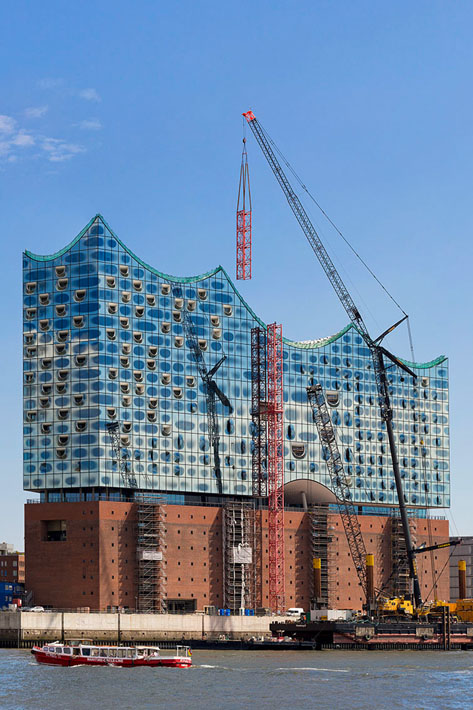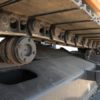Latin America: Property, construction and energy losses
In January 2016, we met with insurers, reinsurers, adjusters, brokers and market consultants to share examples of where property and energy projects have presented significant third party claims throughout Latin America. Lawyers from our Miami office presented case studies highlighting environmental and liability losses that have arisen from property, construction and energy projects in Brazil, Mexico, Colombia, Peru, and Chile.
One of our key points was that, while there are similarities among the Latin American countries, the region is comprised of many countries each developing individually, with differing perspectives towards regulation, civil liability and claim adjustment. This by its very nature presents significant challenges.
Environmental responsibility
For example, Mexico’s enactment in 2013 of the Federal Law of Environmental Responsibility has made it clear that polluters will pay for clean-up costs and third party damages. Civil fines and penalties and even criminal liability may ensue. In response, Mexico has formed environmental courts that have jurisdiction to address environmental claims, which are separate from other civil and administrative courts.
Peru has enacted similar laws that impose criminal as well as civil liability on polluters. Peruvian law also requires those found to have polluted to assume substantial costs of future monitoring and mitigation and it subjects individuals to criminal prosecution. There are no specialised environmental courts as of yet.
Turning to Brazil, prosecutors have announced they are taking an expansive approach to clean-up and imposing obligations on domestic and foreign entities. For example, where a dam failed, Brazil has publicly asserted its intention to hold the joint venture and the individual joint venture members strictly and jointly liable for fines, clean-up and damages.
Liability determinations
Many of the countries in the region tend to support broader recovery rights than the US and Europe.
In Brazil, several major liability disputes have arisen from the construction of hydroelectric plants on the Amazon River. These claims have demonstrated that the trend of Brazilian prosecutors and courts is towards holding the consortia of builders and owners strictly liable for moral damages (inconvenience, emotional and psychological harm) to a broad range of third parties. In addition, generous awards for compensation have been made, that seem to exceed the actual value of the physical harm caused.
Interestingly, some Brazilian courts remain reluctant to impose strict liability on owners and contractors for harm caused by criminal acts of third parties at the project site, or for claims that are too far removed in time or distance from the project site.
Although case outcomes remain dependent on the individual facts and court, the Brazilian movement toward scrutinizing the conduct of contractors and energy operators seems to be on the increase, both in the liability and pollution context. This appears to be aligned with the increase in scrutiny and discipline illustrated by the ongoing investigation of corruption throughout the construction and energy industry. The trend seems to be that more rigor is being applied in the assessment of liability.
Similarly, Colombia’s law permits recovery by a broad group of third parties through its class action process. The courts have even allowed recovery of damages by individuals who claim harm because of injury to friends or family, despite not being directly injured themselves by the loss event (secondary victims).
Injury and loss of life
The countries of Latin America, as well as regions and states within countries, continue to vary widely on how they value bodily injury and loss of life.
In most jurisdictions, the award is made at the discretion of the judge and it is perhaps of little surprise that slowly but surely, the amounts of awards have increased.
Some jurisdictions operate differently. For example, Mexico’s federal and state courts have a predictable valuation process for damage caused to a claimant. Moral damage awards to claimants remain at the discretion of the court and there is evidence that courts will award moral damages in cases of grievous injury or death of minors. Indeed, moral damage awards of US$1 million or more are on the increase.
Claim resolution
The majority of countries in the region follow an insurer driven adjustment process.
However, Peru and Chile have a different system of claim adjustment to Brazil, Mexico, and Colombia. Within Peru and Chile, loss adjustment requires the appointment of an independent adjuster who must follow very specific regulatory guidelines, reporting timelines and claim resolution rules as set out by each country’s regulator. The independent adjuster’s role is to serve neutrally the insured and the insurer in evaluating coverage, legal liability and quantum determinations.
Additional developing trends in LatAm will be discussed at the 2016 Latin American Claims (re) Insurance Forum in Miami, which is hosted by Kennedys and accounting firm QLDG.













